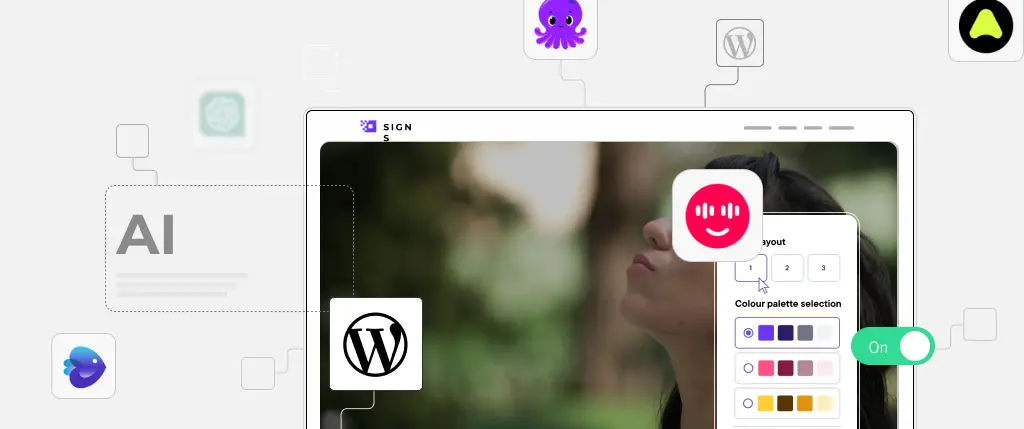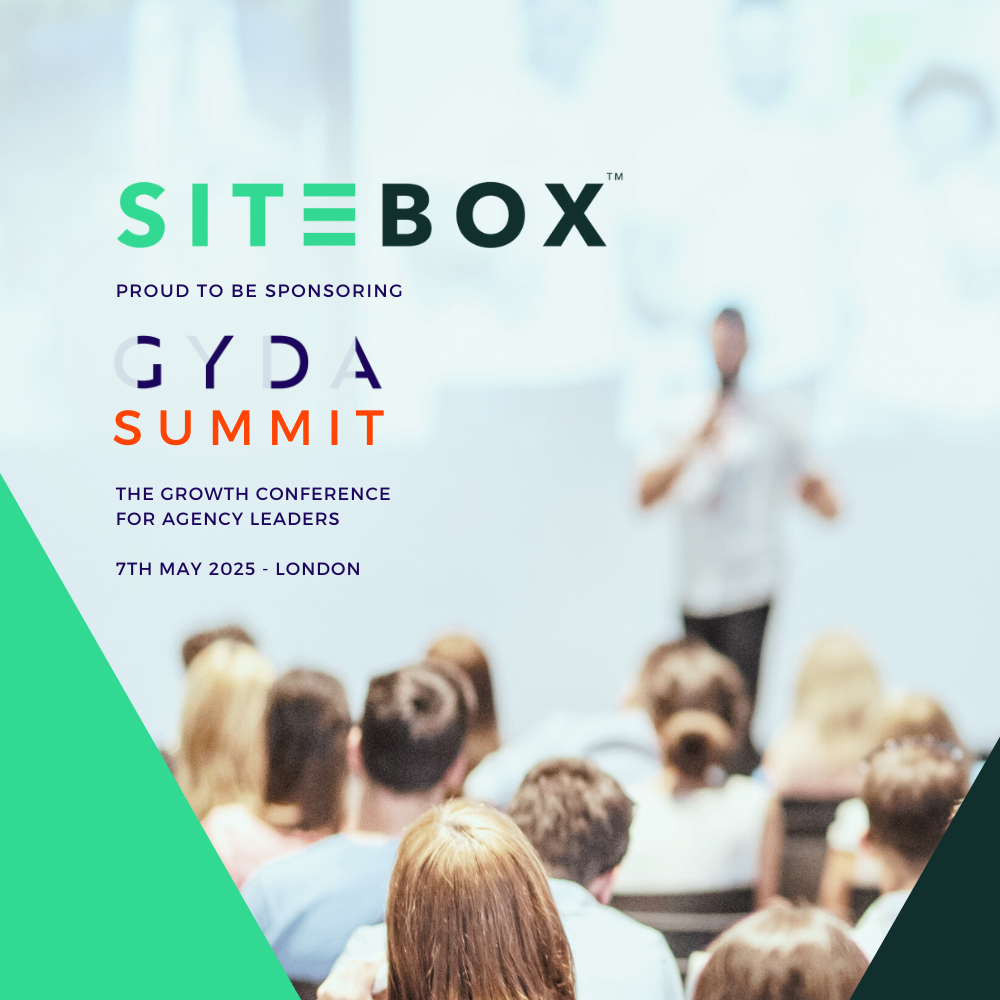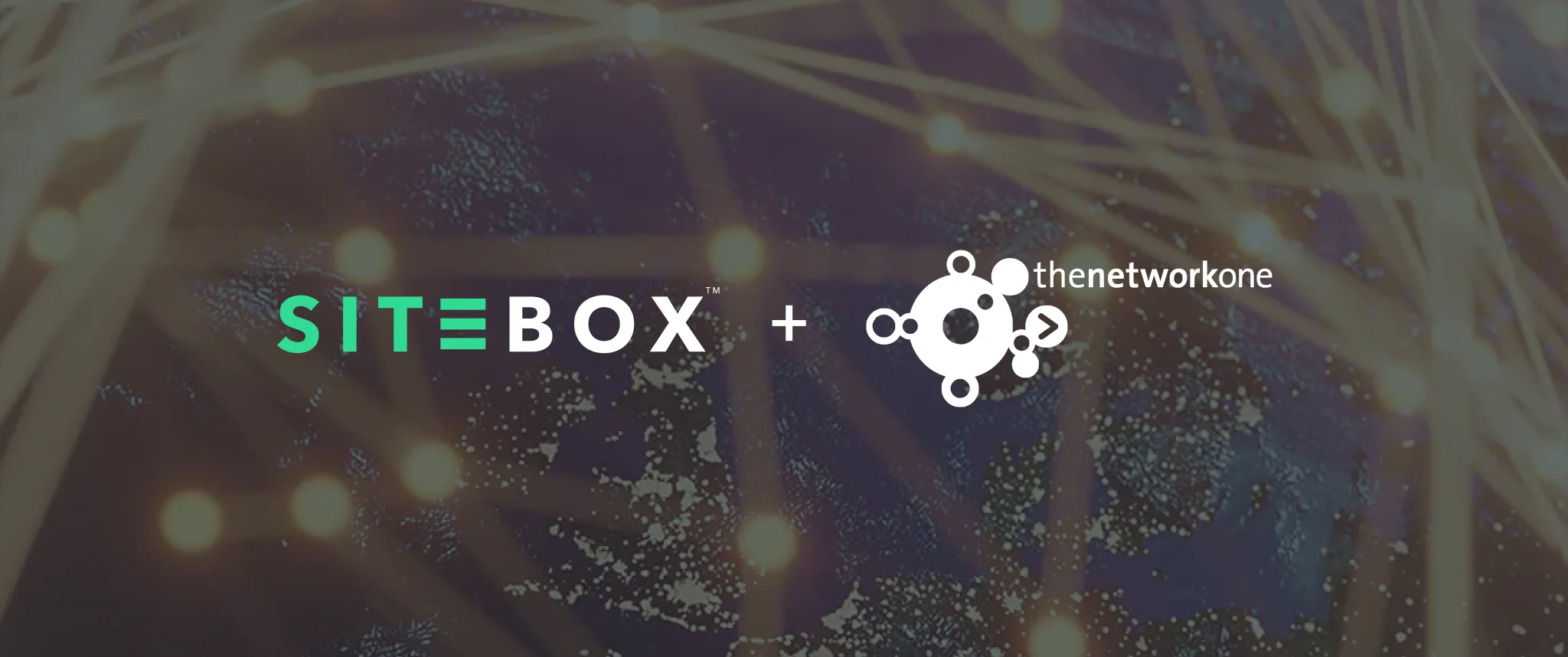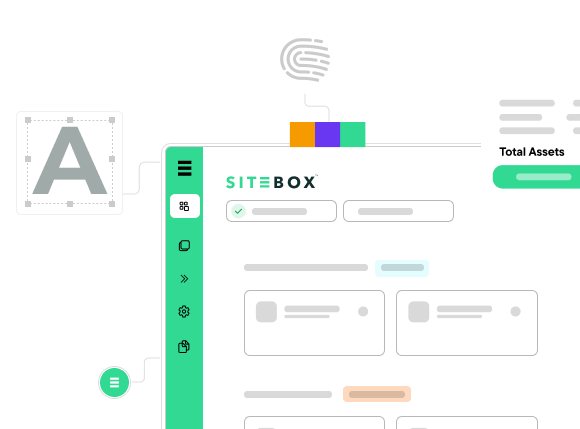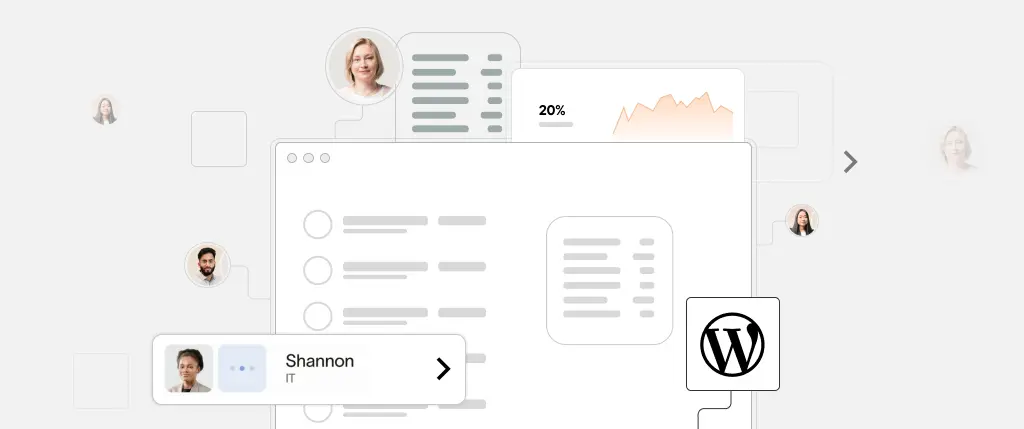AI powered automation WordPress solutions are changing the way digital agencies and site owners manage modern web projects. By integrating artificial intelligence into everyday workflows, businesses can optimize everything from content generation to SEO and analytics—dramatically improving efficiency and scalability.
Challenges in Managing WordPress Projects
Even with its flexibility, WordPress still presents recurring challenges for agencies and development teams:
1. Time-Intensive Processes
Manual updates, content editing, and SEO tweaks consume valuable time—especially across multiple client sites. Tasks like generating meta descriptions, optimizing images, or structuring blog content can slow down delivery and increase overhead.
2. Inconsistent Quality
When handled manually, output often varies from project to project. Different editors or developers may follow different standards, which can result in inconsistent formatting, performance issues, and fragmented user experiences.
3. Scalability Issues
As businesses grow, managing more websites or content becomes increasingly complex. Hiring more staff to handle repetitive tasks is costly and not always sustainable in the long term.
AI Powered Automation WordPress Solutions
Leveraging AI powered automation WordPress tools allows agencies to offload repetitive work while maintaining high standards across multiple projects. Here’s how:
Content Generation and Optimization
Tools like Jasper or GPT-based WordPress plugins can create high-quality, SEO-optimized blog posts, product descriptions, and landing pages. These AI tools can also improve readability, restructure content, and suggest internal links in real time.
Example: A B2B service company tripled its content publishing speed by using AI to auto-generate article drafts and meta tags.
SEO Enhancements with AI
Plugins like Rank Math or Yoast AI integrate machine learning to improve keyword placement, meta descriptions, and readability scores. AI also assists with real-time recommendations for schema markup, alt tags, and mobile usability, ensuring every page is optimized from day one.
Smart Analytics and Insights
AI-powered analytics platforms track user behavior and deliver actionable insights without manual filtering. Predictive analytics can anticipate user needs and flag underperforming pages before they impact KPIs.
Implementation Tips for Agencies
1. Automate Routine Tasks
Start by identifying bottlenecks in your current process. Use tools like WordPress Automation with Make (formerly Integromat) or Zapier to connect WordPress with Slack, Google Sheets, or CRM systems. AI bots can handle tasks like publishing posts, updating pricing tables, or notifying team members of site changes.
2. Use AI to Improve Conversion Funnels
AI can test variations of CTAs, forms, and layouts using A/B testing frameworks or machine learning models—helping optimize conversions on autopilot.
3. Monitor and Adapt with AI-Driven Feedback
Leverage AI tools like Microsoft Clarity, Hotjar with AI tagging, or Google Analytics 4 with GTM triggers to monitor real-world user behavior. Adjust your UX and SEO strategies dynamically based on intelligent recommendations.
Case Study: Financial Services Firm Scales with AI
A financial services client implemented AI powered automation WordPress tools across their corporate blog and landing pages. By using GPT-based plugins for content creation and Rank Math AI for SEO, they saw a 30% lift in organic traffic and reduced content creation time by 50% over three months.
Key Takeaways for Digital Agencies
- Embrace AI powered automation WordPress tools to streamline content, SEO, and analytics workflows.
- Use AI to eliminate inconsistencies and maintain quality across large site networks.
- Automate repetitive tasks to free up time for strategy, UX, and client growth.
- Train your team to adapt to AI-first workflows for maximum long-term ROI
Final Thoughts
As WordPress continues to power millions of websites, the need for smarter, faster workflows is more important than ever. AI powered automation WordPress isn’t just a trend—it’s a competitive advantage that allows agencies to scale without sacrificing quality or creativity.
